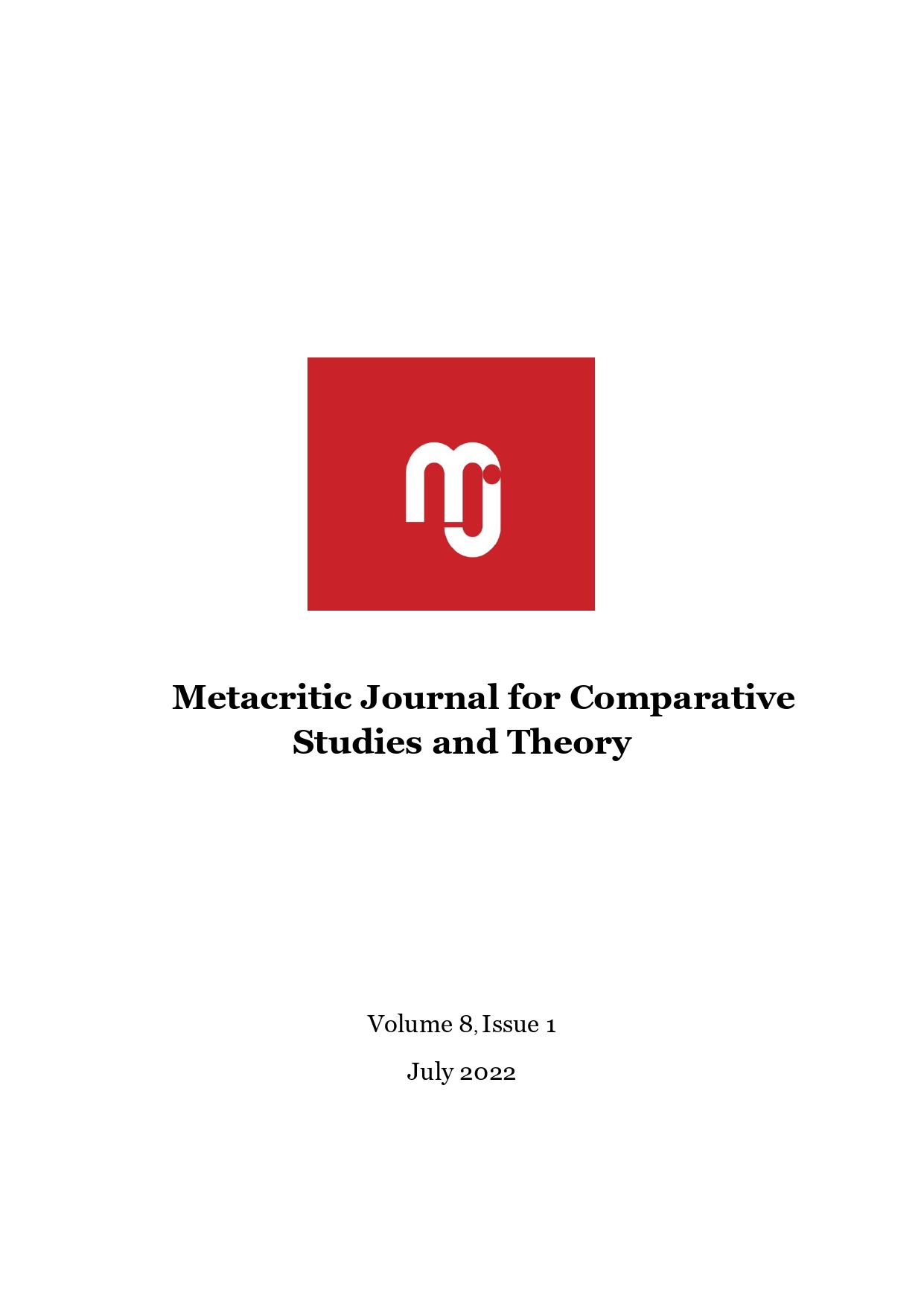From Capitalist Aspirations to the National Project. The Inter-Imperial Transylvanian Compromise
From Capitalist Aspirations to the National Project. The Inter-Imperial Transylvanian Compromise
Author(s): Ovio OlaruSubject(s): Language and Literature Studies, Studies of Literature, Comparative Study of Literature, Romanian Literature
Published by: Universitatea Babeş-Bolyai
Keywords: Inter-imperiality; Slavici; Rebreanu; Transylvania; Austro-Hungarian Monarchy;
Summary/Abstract: In the present article, I address two novelistic productions set in late 19th century and early 20th century Transylvania, discussing the different intersections of class, ethnicity, and culture underlying the constructed image of Empire in the periphery. Drawing on Manuela Boatcă and Anca Pârvulescu’s work on Transylvanian inter-imperiality – borrowed, in turn, from Laura Doyle –, the paper discusses Ioan Slavici’s Mara and Liviu Rebreanu’s Forest of the Hanged as stages of imperial downfall. The main argument is that, whereas Mara and other similar works present the interclass and interethnic conflict as negotiable compromise functioning as narrative momentum for the novelistic plot, the compromise comes undone in Forest of the Hanged, where the capitalist aspirations of the former work is put aside in the forging of national identity.
Journal: Metacritic Journal for Comparative Studies and Theory
- Issue Year: 8/2022
- Issue No: 1
- Page Range: 137-150
- Page Count: 14
- Language: English

